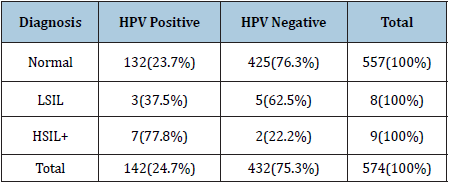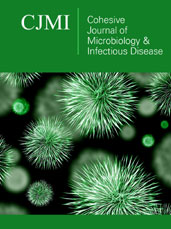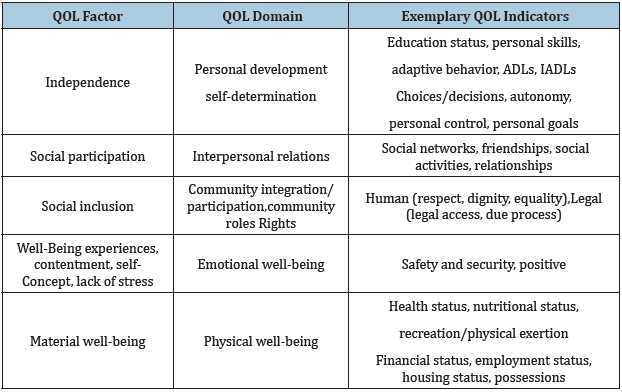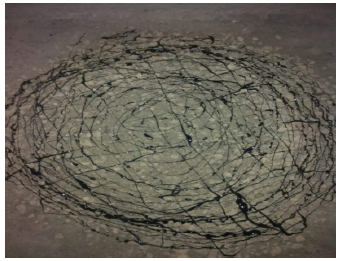Impact of Cervix Uterine Cancer Screening in the Indian Park of Xingu by Gois Speck NM* in Investigations in Gynecology Research & Womens Health_ Gynecology Open Access Journals

Abstract
Background: There are few exploratory studies
on Human Papillomavirus (HPV) infection and cervical cancer in indigenous
populations. Because these women represent a very peculiar population in terms
of habits and cultural rituals of its own, HPV infection and its
related-oncogenesis potential could not denote the same progression
characteristics as compared to the other populations commonly studied. The aim
of this study was to evaluate 13 years of cervical cancer screening actions and
assistance in the Xingu Indigenous Park, through cytological analysis and
DNA-HPV molecular test.
Methods: This is an observational, transversal and
retrospective study conducted by data analysis of screening and control actions
of uterine cervical HPV-associated lesions in the scope of the Xingu project
supported by the Universidad Federal de São Paulo (UNIFESP), Brazil. The
population studied consisted of indigenous, sexually active women, aged 11
years or older, belonging to sixteen ethnic groups residing in the middle,
lower and east Xingu regions. The women were screening for conventional
cervical screening test (Pap test) and HPV tests.
Results: The population coverage for cytological
analyses in the entire period averaged 89.4%. Only 3 cases of cervical cancer
were documented over the 13 years of follow-up. The HPV positivity rate was
24.5% and latency 22.9%.
Conclusions: It was observed that the high
coverage of the population was valuable in maintaining the quality of screening
because of the large number of normal Pap tests and rare cases of cancer
compared to the national incidence.
https://crimsonpublishers.com/igrwh/fulltext/IGRWH.000559.php
Crimson
Publishers: https://crimsonpublishers.com/
For
more articles in Gynecology Open Access
Journals,
Please
click on below link: https://crimsonpublishers.com/igrwh/









